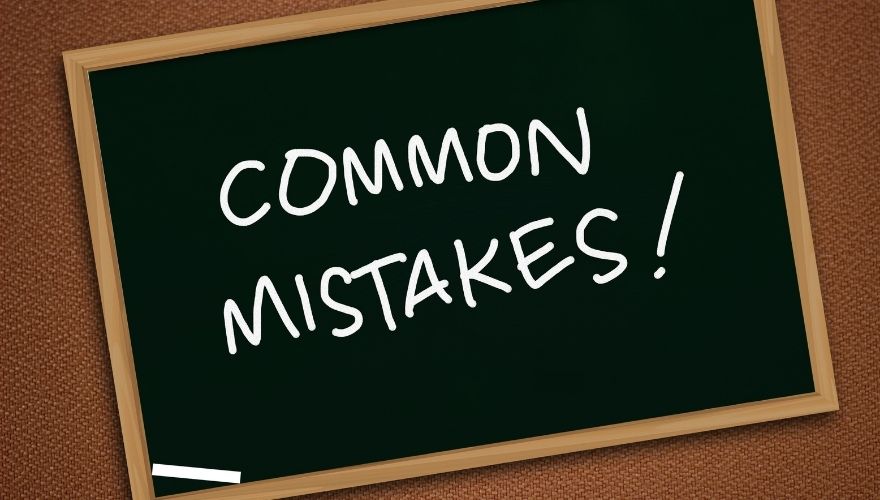So let’s first look at the budget. Consider the needs of your target audience, the goals of your organization and whether or not the grant will meet your needs. Your goals, budget, community needs and the funding sources priorities will be the roadmap for your objectives, activities, and evaluation. Write a preliminary document with different sections like a budget, objectives, and evaluation. If you don’t think you’re up for it, hire a grant writer from GrantWriterTeam.com.
Budget
Start with this section. It should reflect the number of people you want to serve. This section should include materials, and other resources needed for activities. List staff that will help accomplish the program’s objectives.
To determine the details of your budget, look at the RFP (Request For Proposal) for what the funding source will or will not pay for. Have your goals and objectives in mind to create a budget. In this way, your budget will provide for your activities, too.
Monetary Need
As a grant writer, there are certain things you need to relay to the funding source. Often, inexperienced grant writers or novice grant applicants fail to address some pivotal ideas. It’s most important to convey that your program’s goals and objectives are in response to monetary need. If you fail to address your objectives or the need for funding, your proposal will most likely not be funded.
According to Libby Hikind, founder and CEO of GrantWriterTeam.com, “You do not ever want to start writing a grant proposal if the funding amount or the items they fund do not meet your needs.”
For a professional grant writer, contact GrantWriterTeam.com to apply. Then carefully read the request for proposals (RFP) for what they will and will not fund or pay for.
Objectives
Within the objectives section, state your single or multiple objectives. Remember, objectives should be SMART. This means they should be Specific, Measurable, Achievable, Relevant, and Time-oriented.
Activities
Applicants often fail to explain what they would do with funds. Your activities should support the objective. Here, you will outline your program. This section should provide a rationale for the program. Explain what is going to happen during the period of the grant; essentially, what you’re going to do. Provide a timeframe to accomplish the activities in the program.
Evaluation
Grant applicants often fail to include who and what evaluations will be used to determine if the objectives were met. In the evaluation section, describe measurable outcomes. Describe methods for collecting data and analyzing the outcomes. Also, discuss the timeline for the evaluation. Consider hiring an evaluator for your program. In fact, the grant writers at GrantWriterTeam.com can perform evaluations, in addition to writing proposals.
The evaluation section should be comprised of 2 sub-sections: a formative evaluation of development and a summative evaluation of the impact on the target audience. (EXPLAIN THESE TWO BRIEFLY). In the evaluation section, you should also identify goals within your objectives as well as indicators. This helps assess the progress of the proposed program.
GrantWriterTeam.com
A grant writer from GrantWriterTeam can help you complete all of these sections of the proposal, plus more. Don’t make these mistakes, talk to a professional. If you’re looking for a grant writer, request one with GrantWriterTeam.com.
About the Author: Staff Writer writes for GrantWatch.com and its affiliates.

Recent Comments